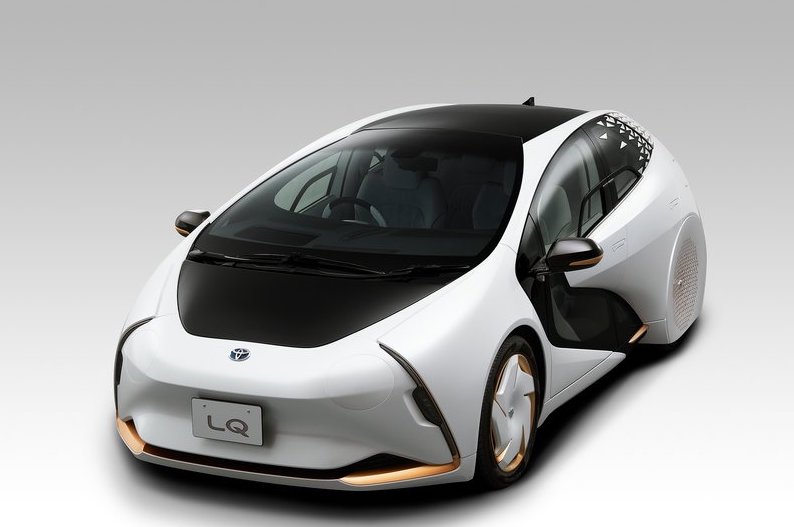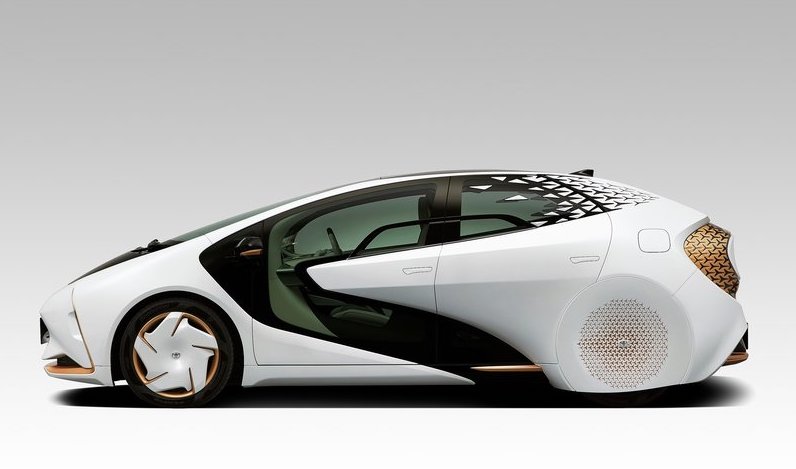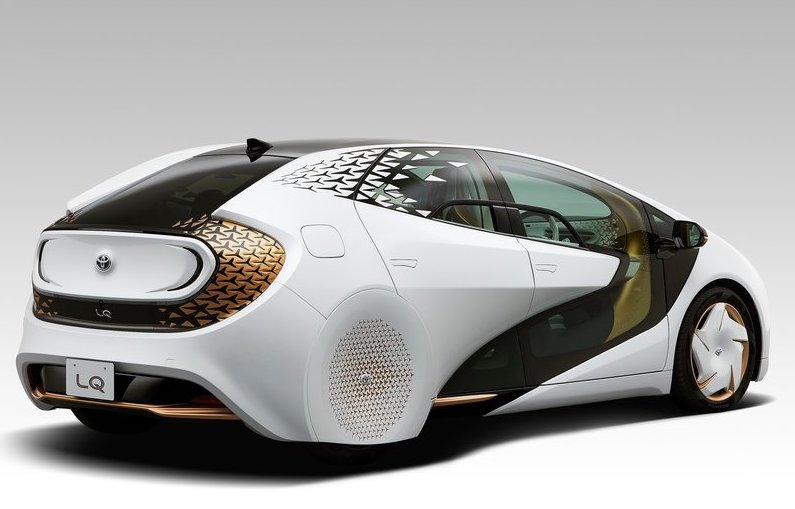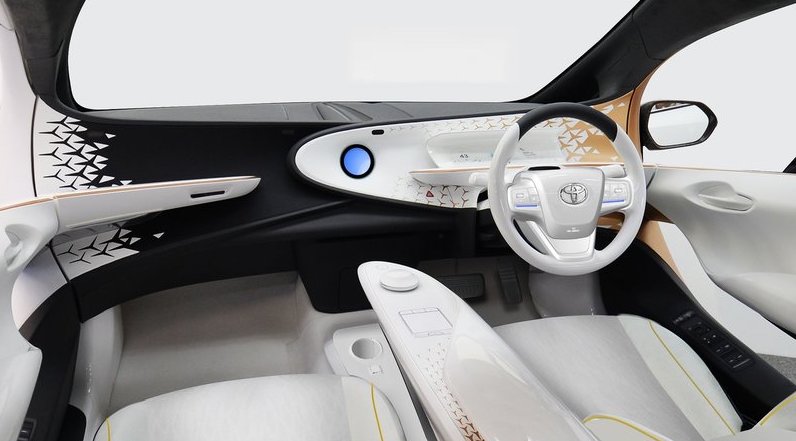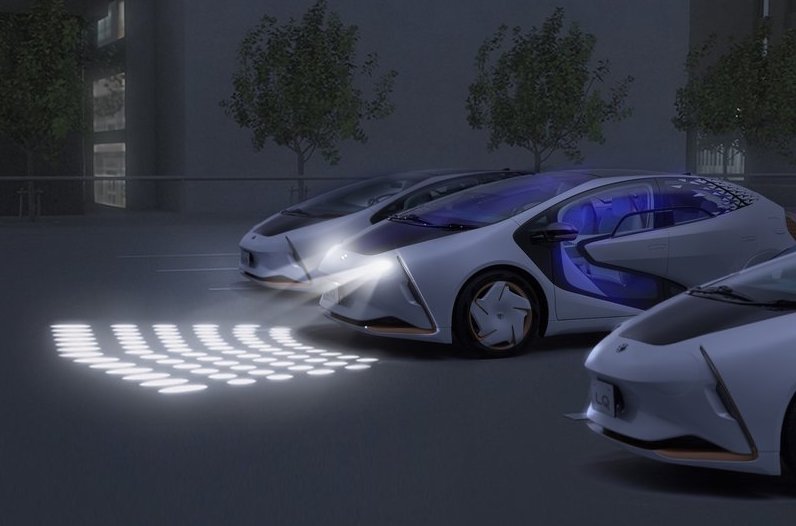One of the World’s leading polymer material suppliers Covestro has announced that the brand has been chosen by Toyota Boshoku Corporation, a car component manufacturer for the Toyota Group and both Covestro and Toyota Group will be jointly developing a lightweight and sustainable material for the new electric concept car developed by Toyota Motor Corporation called the Toyota LQ.
The new polyurethane composite material will be jointly developed based on the Toyota Boshoku Corporation’s expertise in Kenaf fibres and the Covestro’s advanced Baypreg F NF technology. The lightweight and sustainable composite material will be used on the door trim of the Toyota LQ concept.
The bast fibre obtained from the Kenaf plant is a plant-based fibre from the hibiscus family that grows in India, South-East Asia, Africa and Bangladesh. The new material is not only cost-effective but also claims to have good mechanical properties. The Kenaf fibre reinforced polyurethane composite has a low density but has high strength making the door trim 30% lighter as compared to conventional materials while also keeping it cost-effective and sustainable. The material has an area density of less than 1kg/m2 and hence the lightweight material allows the vehicle to have better fuel efficiency or in the case of the Toyota LQ a better range from its electric powertrain.
The Toyota LQ concept which will use this material is a futuristic electric car which is SAE level 4 autonomy ready and has a unique onboard artificial intelligence system called ‘YUI’. The LQ will have advanced cloud connectivity and the Human-Machine interface is designed to work hand-in-hand with the human driver, based on the brands “Jidoka” concept which translates to Automation with a Human touch. The artificial intelligence system will learn the patterns and over time make a close connection with the driver and also interact with the driver and prompt the driver in a Human-Machine dialogue.
The LQ has a futuristic closed front end design with an aerodynamic glasshouse, L-Shaped layered front bumper, glass doors, enclosed rear wheels, a unique rear with integrated taillights, and a sloping glass back. On the interior, the design has a minimalist approach and features bright white materials with large digital drivers’s information display and round YUI display in the centre. The central tunnel has a touchpad and a rotary controller.
The Toyota LQ will demonstrate the Toyota Research Institute’s progress with level 4 automation at the 2020 Tokyo Olympics where the concept car will be put on the congested streets of the metropolitan city.
